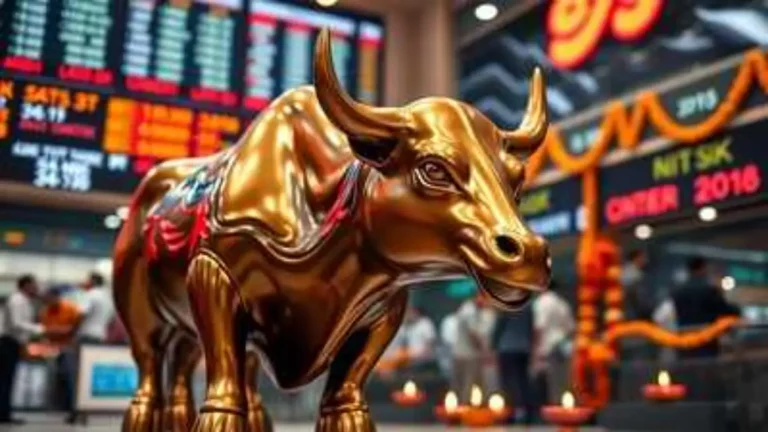There are some actors whose faces become part of your memory – not because they were the heroes of every film, but because they made every scene shine a little brighter. Govardhan Asrani, fondly known simply as Asrani, was one such man. On October 20, 2025, the curtain fell on one of Bollywood’s most loved comedians and character actors, as Asrani passed away at the age of 84 in Mumbai’s Bharatiya Arogya Nidhi Hospital.
It’s hard to imagine Hindi cinema without that unmistakable grin, those expressive eyes, and that unforgettable line: “Hum angrezon ke zamaane ke jailer hain!” From his iconic role in Sholay (1975)
to his countless comedic turns, Asrani didn’t just make people laugh – he made them feel lighter, even in the darkest times.
The Man Behind the Laughter
Born in 1941, Asrani’s journey from a young theatre enthusiast in Jaipur to one of the most recognizable faces in Indian cinema was a story of pure perseverance. A graduate of the Film and Television Institute of India (FTII)
, he entered Bollywood at a time when comedians were often overshadowed by heroes. Yet, Asrani managed to turn supporting roles into memorable ones, creating characters that audiences could never forget.

His first major break came with “Aaj Ki Taaza Khabar”, where his knack for timing and natural expressions instantly caught the audience’s attention. Soon, roles in classics like “Chhoti Si Baat”, “Bawarchi”, and “Abhimaan” followed – films that showcased his ability to make even silence humorous.
Asrani’s performances carried a rare mix of innocence and mischief, a combination that became his signature. Directors like Hrishikesh Mukherjee and Gulzar recognized that spark and often cast him in films that balanced heart and humor. His work in “Mere Apne”, “Koshish”, and “Parichay” displayed a softer, more emotional side – reminding everyone that he wasn’t just a comedian but a complete actor.
The Jailer Who Ruled Our Hearts
Of course, no tribute to Asrani is complete without revisiting the film that immortalized him – Sholay. Playing the eccentric jailer, modeled after Charlie Chaplin’s The Great Dictator, Asrani created something that has outlived generations. His exaggerated gestures, mock-dictatorial accent, and impeccable comedic rhythm turned what could’ve been a short, forgettable role into a cultural phenomenon.
Even today, fans quote his dialogue with laughter and fondness. That’s the kind of magic few actors can achieve – to be remembered not just for the words they said, but for how they made you feel when they said them.
A Career Spanning Five Decades
Over more than 300 films, Asrani acted alongside legends – from Rajesh Khanna and Amitabh Bachchan to Aamir Khan and Akshay Kumar. While some actors faded into the background with time, Asrani adapted and continued to reinvent himself.
In the 2000s, when Bollywood entered the era of slapstick comedies, he seamlessly transitioned into a new generation’s favorite supporting actor. His collaborations with Priyadarshan in hits like “Hera Pheri”, “Hulchul”, “Chup Chup Ke”, and “Bhool Bhulaiyaa” introduced him to younger audiences who perhaps hadn’t seen his earlier classics.
Each of these roles carried that same warmth and humor that defined him in the 70s and 80s – proving that comedy, when done with heart, never goes out of style.
Beyond Comedy: The Unseen Asrani
Though known for his comic flair, Asrani never shied away from experimenting. In films like “Chaitali” and “Koshish”, he showed that he could handle negative and emotional shades with equal ease. He even ventured into direction with “Chala Murari Hero Banne”, a film that reflected his own journey and the bittersweet struggles of being an artist in Bollywood.
In one of his last interviews with PTI back in 2017, Asrani spoke candidly about his love for theatre and the challenges of modern cinema. He lamented how experimental films rarely survived in theatres for long, saying, “People ultimately go and watch Salman, Shah Rukh, and Aamir Khan films. Quality cinema is not changing anything.”
Those words, in hindsight, capture the humility of a man who gave his life to cinema but never lost sight of its changing tides.
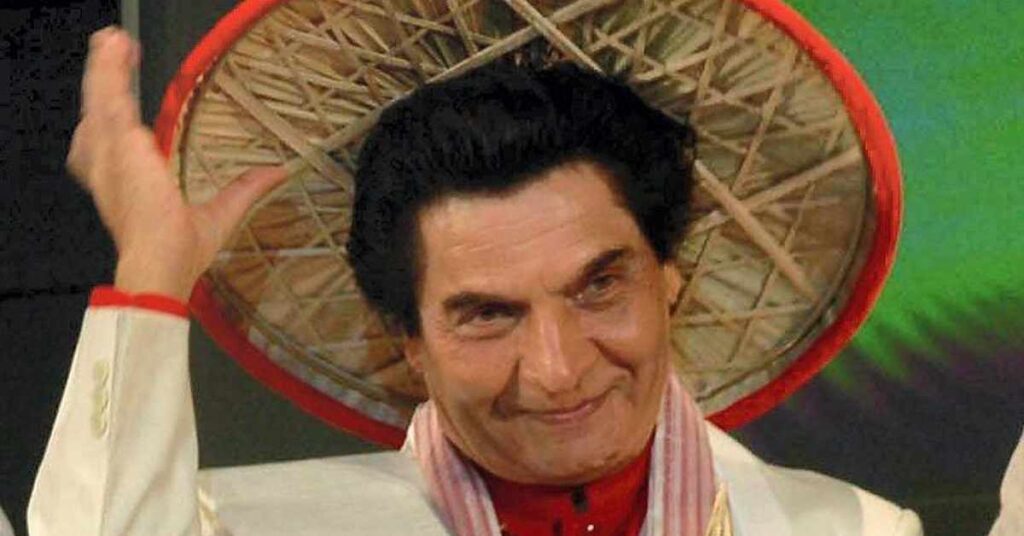
The Final Curtain Call
Asrani’s passing came after a brief illness – he was admitted to the hospital following breathing issues, and as per his manager Babubhai Thiba, the doctors later confirmed fluid accumulation in his lungs. His family chose to keep his final rites private, honoring his wish for a quiet farewell.
It’s poetic in a way – a man who made millions laugh choosing to leave this world quietly, without fuss or spotlight.
The news of his death, however, hit Bollywood hard. Actor Akshay Kumar, who shared screen space with him in several comedies, expressed his grief on social media, recalling how they had shared a warm hug just a week earlier on the set of Haiwaan. “What an absolute loss to our industry,” Akshay wrote. “God bless you Asrani Sir, for giving us a million reasons to laugh.”
Filmmaker Anees Bazmee, who worked with him on Welcome and Singh Is Kinng, remembered him as a man who could make everyone laugh both on and off-screen. “He had a trademark laugh no one could replicate,” Bazmee said.
From lyricist Manoj Muntashir to cricketer Shikhar Dhawan, tributes poured in from all corners of the country – proof that Asrani’s appeal transcended generations and professions.
A Legacy That Can Never Be Replaced
It’s rare for an actor to bring joy to both grandparents and grandchildren alike. Asrani belonged to that rare category of artists who bridged eras. His humor wasn’t just about funny lines – it was about timing, truth, and tenderness.
He never needed vulgarity or gimmicks to make people laugh. He made you laugh because he reminded you of life’s absurdities, of people you knew, of yourself. That’s why his performances still feel fresh – because they’re rooted in human experience.
Even as Bollywood changes, with newer stars and faster scripts, there will always be a corner of nostalgia reserved for Asrani – the man who made laughter look effortless.
The Smile That Stays
Asrani’s departure marks the end of an era, but his laughter still echoes in every rerun of Sholay, every late-night TV broadcast of Chupke Chupke, and every streaming queue that includes Hera Pheri.
He taught us that comedy is serious business – and that to make people laugh, you must first understand their hearts.
Rest in peace, Asrani ji.
The stage may be empty now, but the laughter you left behind will never fade.
